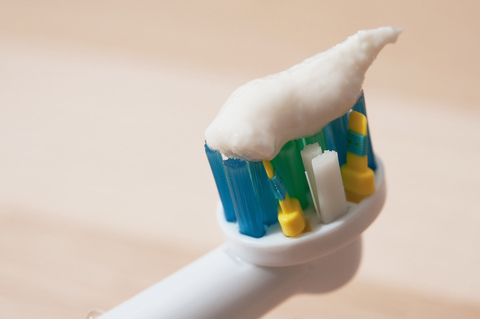
You might be surprised to learn that Dr. Robee Bailey Jr., DMD and our team recommend an orthodontic appointment even before your child has had that last visit from the Tooth Fairy. In fact, orthodontic assessments at our Concord, NC office can be beneficial at many stages of your child’s life. Let’s look at some of the reasons why.
The Right Spaces
There’s a reason why we recommend that every child see an orthodontist by the age of seven. If there’s room enough in your child’s mouth to accommodate all the permanent teeth that will be arriving soon, you’re good to go. But if it looks like there won’t be enough space for those adult teeth, there are solutions we can offer to make the transition from baby teeth to adult teeth a smoother one.
- If your child’s mouth is small, the permanent teeth might have too little room to fit in when they arrive. We may recommend gently enlarging the upper dental arch with the use of a palatal expander. This device will provide room for the adult teeth, and could potentially shorten second phase treatment time.
- Too much space can also be a problem. If a child loses a baby tooth too soon, too much space between the remaining teeth can cause them to shift out of position, leaving the wrong spot open for the adult tooth to come in. We might recommend a space maintainer so that there is no shifting of the teeth, and there is room for the adult tooth to erupt in its proper spot.
- If there is a bite problem, early treatment can prevent more serious problems down the road.
If no treatment is necessary immediately, we can monitor the development of your child’s teeth and bite during periodic visits.
(Stay in) The Right Places
Once your child has achieved that perfect smile, it’s time to maintain it. Teeth actually move and shift throughout our lives, whether we have had orthodontic treatment or not. But with orthodontic treatment, the bone tissue and ligaments around the teeth remodel over time to hold the teeth in their new and improved positions. That’s why it’s often important to wear a retainer constantly for several months after the braces come off, as bone and ligament become a firm, strong anchor for the newly aligned teeth and bite.
But there’s no one expiration date on retainers! Worn nightly as needed, they help teeth stay securely in their new positions for a lifetime of beautiful smiles.
Healthy Smiles Mean Happy Faces
If you think your child is ready for any phase of orthodontic work, give us a call. We will be happy to make sure there is ample room for permanent teeth to erupt in their proper spots even during the baby teeth years. If braces are indicated at a later date, we will analyze any potential alignment and bite problems and present all of your treatment options. Finally, after the orthodontic work is completed, we want to make sure your child knows the best way to maintain that beautiful smile with conscientious retainer wear.
If you have any concerns about your child’s teeth or bite, even before the permanent teeth arrive, give our Concord, NC office a call. Early treatment can often prevent future problems and might even lead to faster orthodontic results. At each stage of your child’s growth, we are here to provide your best options for healthy, happy smiles.





 Website Powered by Sesame 24-7™
Website Powered by Sesame 24-7™
